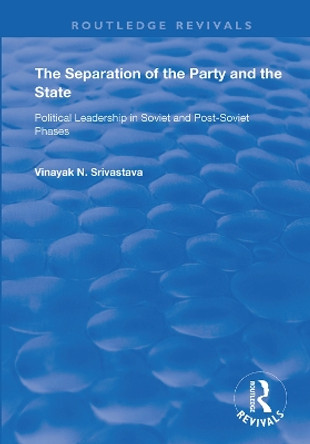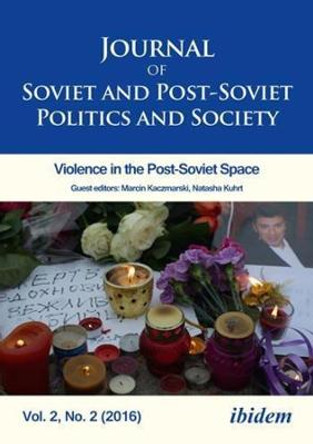Description
Combining quantitative and qualitative methods, this book presents a revisionist account of the post-Soviet wars and their settlement.
About the Author
Jesse Driscoll is Assistant Professor of Political Science at the School of International Relations and Pacific Studies, University of California, San Diego. He was an fellow of the Program on Order, Conflict, and Violence at Yale University, Connecticut and a GAGE fellow at the University of Virginia, and most recently a member of the Harvard Academy for International and Area Studies from 2009-13. His work has been published in the Journal of Conflict Resolution, Research and Politics, and the Journal of Survey Statistics and Methodology.
Reviews
'Warlords and Coalition Politics in Post-Soviet States offers both a rethinking of the origins of the contemporary state in Eurasia and a reexamination of the relationships among secession, violence, terrorism, and political institutions. This is state-of-the-art political science - a book about real people grappling with matters of life and death, whose experiences we strain to understand using both abstract models and savvy ethnography. Jesse Driscoll helps us see how post-Soviet politics sometimes emerged as the continuation of war by other means.' Charles King, Georgetown University, Washington DC
'Combining rigorous deductive logic with stunning fieldwork, Jesse Driscoll produces analytic narratives from post-communist cases that serve to challenge conventional thinking about anarchy, state building, and other fundamental concepts of political science.' Roger Petersen, Massachusetts Institute of Technology
'Taking a deep look at the fighting that took place in Georgia and Tajikistan in the early 1990s after the Soviet Union disbanded, Driscoll questions many of the core assumptions scholars make in the literature on international peacekeeping. He knows this academic field well and is fluent in its key arguments, but he also spent two years in the places where these wars occurred and among those who fought them. This kind of firsthand research gives his analysis real heft. In both cases, it was not the eventual triumph of state authority, the clear defeat of one side, the disarming of the warring parties, or the arbitration of international mediators that allowed the conflict to end, as many theorists would assume. Rather, he argues, it was the deals that opposing warlords worked out among themselves, based on the bounty they could share, in a system that tolerated or even exploited their avarice - not least because they frequently came to constitute the state.' Robert Legvold, Foreign Affairs
'His book makes a number of important insights that contribute to our body knowledge on civil war ... the book presents an interesting argument.' Christopher A. Stevens, The Soviet and Post-Soviet Review
Book Information
ISBN 9781107636453
Author Jesse Driscoll
Format Paperback
Page Count 263
Imprint Cambridge University Press
Publisher Cambridge University Press
Weight(grams) 410g
Dimensions(mm) 230mm * 153mm * 15mm







